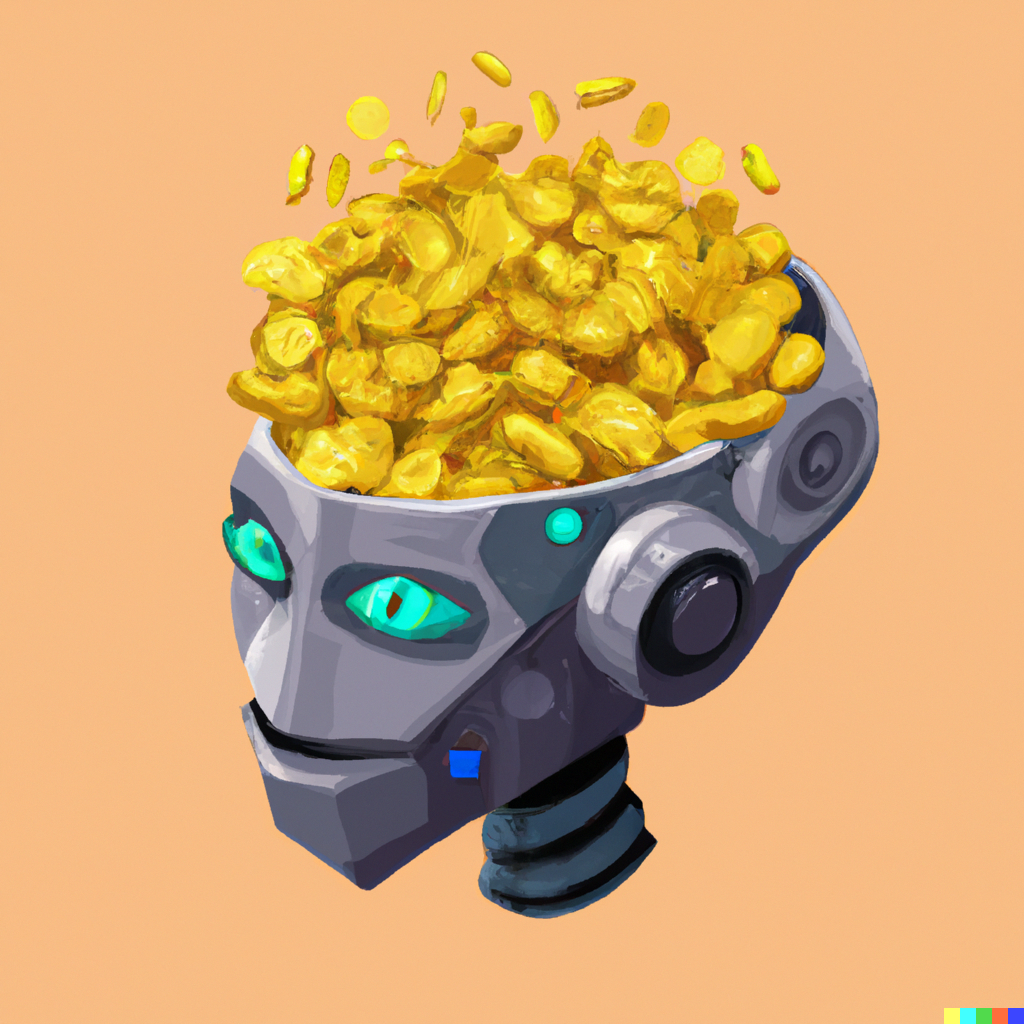The global economy will expand by 40 percent, and artificial intelligence will create more jobs than it will eliminate. Our AI and startup overview from Budapest!
The biggest story of the past year was undoubtedly artificial intelligence (AI). Not only because ChatGPT writes the assignments of countless students nowadays but because we have reached a real technological frontier, and AI will certainly not only be a short-lived economic bubble. Artificial intelligence will be the decisive factor for the decades to come.
The global AI market is worth $189 billion in 2023, but some estimates suggest that the figure could reach $1807 billion by 2030. This assumes a global GDP growth potential of 38 percent on paper, which would be an extraordinary economic leap. AI development pioneer countries and regions will make a decisive difference. Of course, the US and China will have the greatest growth due to their foundations, but even the technologically lagging Europe may see an 11 percent growth. AI could be a breakthrough for Central and Eastern Europe, closing the technology gap between the western and eastern halves of the continent. „The growth of the future must be generated locally,” said Balázs Vinnai, Chairman of IVSZ Hungarian Association of ICT companies.

According to the World Economic Forum, 85 million jobs will be lost due to AI by 2025, but 97 million new jobs will be created. „Work, and what we call work, will change over the centuries and decades,” Vinnai pointed out, adding that education and developing digital skills should be a priority. It is a shocking figure that 49 percent of the Hungarian adult population has only basic digital skills, with 1.5-2 million Hungarians considered digitally illiterate. Eliminating this digital illiteracy may be a potential breakthrough. According to the DESI index, which analyses the complex set of digital skills and knowledge in society, Hungary ranks fourth worst in the EU, and the whole CEE region is not in a good position either.
SMEs and micro-enterprises are lagging behind in digital capabilities, leading to an enormous challenge as the economy, after 15 years of expansion, now starts to slow down. The only way for SMEs to advance is to increase their competitiveness, which lies in digitalization and automation. „Digital education must be available to all, and employees must also be trained,” the IVSZ Chairman said, stressing that there are big technological revolutions and bubbles. Examples are the dot-com bubble, the startup boom, the emergence of blockchain technology, and now the AI revolution. Vinnai highlighted that everyone expects a 3–4-year ramp-up, but it takes 10-15 years for a technology to mature. The startup boom was significant in Hungary, but the outcome remains questionable as startups have not become breakthrough points. But there are always exceptions, so let’s take a look at one!
Innovation to fight food waste: Munch
Munch is a Hungarian startup founded in 2020. The company is active in the food industry and has developed an innovative concept to reduce food waste. The system is a win-win situation for everyone: consumers can get cheaper food and actively fight food waste; restaurants, grocery stores, and bakeries can sell their leftovers; and Munch also profits by taking a commission on sales. Using Munch is very simple; after downloading the app and a quick registration process, we can immediately start hunting for offers from different restaurants and shops. If we find something we like, we buy it and pick it up at the given time. This way, we can pay only half the price for a three-course menu, a healthy poke bowl at the end of the day, or a pastry from our favorite bakery.

Munch has already saved more than 600,000 meals since its launch, thousands of people use the app daily, and they can even help vulnerable people. And they are not just doing the right things, but also turning losses into profit! Moreover, the Hungarian start-up is also expanding successfully internationally: Czech Nesnězeno recently joined Munch, and the two companies together have more than two thousand partners and seven hundred thousand users who can help save good quality food.
Another significant development is Munch’s partnership with Spar: as a result, “munchers” can now hunt for baked goods, fruits, and vegetables, while helping Spar to fight food waste. „We have about a thousand partners in Hungary, and there are hubs in the cities where users can seize a lot of good opportunities,” co-founder Albert Wettstein told Hype&Hyper. He added that there are places where only a few portions are uploaded to the app, and sometimes they are taken in a few seconds. „We can see that there is much demand on the user side, and we are constantly expanding our offer, the hospitality sector’s attitude also changes and the average people are adopting a good habit,” he explained. Regarding financial sustainability, like most start-ups, Munch reinvests all profits back into growth, and their calculations suggest that revenues soon exceed costs in the Hungarian market. „We are well on the way to making Munch financially sustainable, this will be the challenge for the coming years,” Wettstein said, highlighting that they are constantly looking for new investors and after the Czech expansion they are now entered the Slovak market. However, accessing the Polish market is now just a long-term vision since a few strong competitors already dominate Poland.
The lectures and discussions took place at the IVSZ SMART 2023 conference in Budapest.
Cover: Réka Pisla









